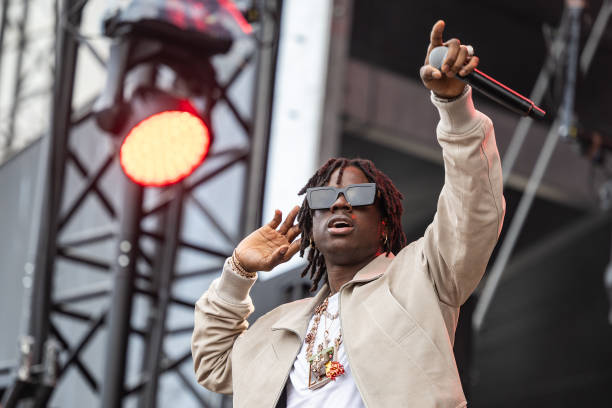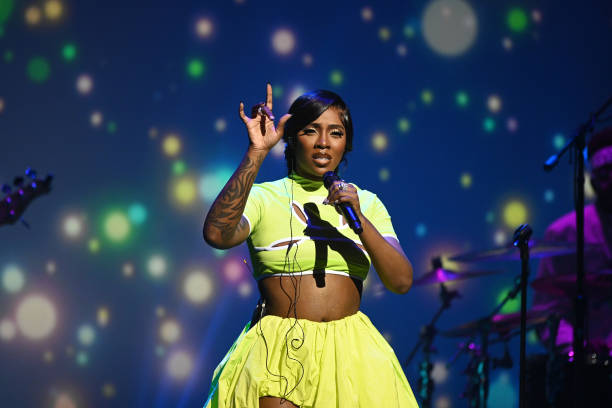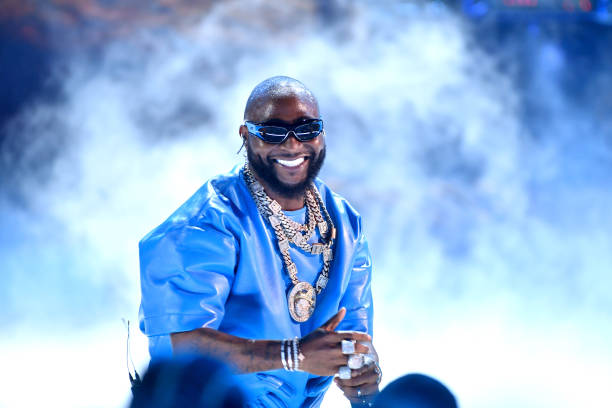Nigeria’s music industry is among the most dynamic in the world, home to Afrobeat, Afropop, hip-hop, highlife, and a dizzying array of experimental genres. In recent years, its global reach has expanded, with artists like Burna Boy, Tems, Asake, and Rema securing major international awards and touring some of the world’s most prestigious venues. But as Nigerian music continues to travel globally, a complex question lingers at the heart of its evolution: Who are Nigerian artists really creating for?
This question unveils a deeper political conversation around class, language, accessibility, and cultural identity in the industry.
Soundtracking a Divided Stage: Nigeria’s Music Industry
The Class Divide and Aspirational Artistry

Nigeria’s music scene is shaped by the country’s vast socio-economic disparities. While many of the genre’s stars rose from modest backgrounds, their fanbase has become increasingly stratified. Today, an artist’s “target audience” is often split between local mass markets—those who consume music through radio, street DJ mixes, and Alaba pirated CDs and elite or diaspora-facing audiences who stream music via Spotify, Apple Music, and YouTube.
This divide has fueled what some critics call “aspirational artistry” where songs are crafted less for community storytelling and more for continental, crossover appeal. Lyrics switch from Yoruba or Pidgin to global English. Sounds become slicker, often at the expense of cultural specificity. While this opens doors for global success, it can leave core Nigerian audiences alienated.
Global Recognition and the Burden of Representation

International success adds new layers to the politics of audience. Once artists gain Western recognition, they’re expected to “represent Africa” or “tell the African story” pressures that can both elevate and limit their creative expression.
Take Burna Boy, whose Grammy win was framed as a continental victory. He has since spoken about the challenge of being accepted at home while satisfying a Western gaze. Similarly, artists like Wizkid and Tiwa Savage walk a delicate tightrope between local credibility and global expectations.
This duality often forces artists to navigate two audiences: one seeking authenticity and the other chasing cosmopolitan polish.
Language, Accessibility, and the Gatekeeping of Taste

Language remains one of the most potent tools in shaping musical audiences. Nigeria’s multilingualism has long fueled diverse sonic output, yet the rise of global streaming platforms has led to a homogenization of sound. Songs in English or polished Afro-fusion genres are more likely to trend internationally, prompting artists to prioritize them.
Meanwhile, grassroots listeners often excluded from streaming platforms due to data costs or regional barriers—become passive consumers in an industry increasingly curated for elite ears.
Gatekeepers, including music journalists, influencers, and playlist curators, also shape taste in subtle ways. Their preferences often skew toward sounds that resonate with cosmopolitan ideals, sidelining traditional or experimental acts who remain local heroes but lack platform visibility.
Reclaiming the Local, Redefining the Global

Despite these tensions, some artists are actively reclaiming their connection to local audiences. Asake’s meteoric rise through street pop and Yoruba-laced lyrics shows that music grounded in cultural identity can achieve massive commercial success both locally and globally.
Independent platforms which cater to African users, and content ecosystems like TikTok are also leveling the playing field. With the right virality, even niche genres can find massive audiences without needing to cater to elite tastes.
Moreover, collectives like Alté and artists within the underground scene are resisting commodified narratives and embracing experimentation, creating music not just for consumption but for community building.
Navigating the Double Lens

The politics of audience in Nigeria’s music industry are reflective of broader societal structures class tensions, colonial legacies, globalization, and digital inequality. For Nigerian artists, the question of who they’re creating for isn’t just about music it’s about identity, survival, and sovereignty in a world that constantly asks them to perform their culture.
To truly thrive, the industry must find ways to hold space for both: the global listener and the boy on the street in Agege. Only then can Nigerian music remain what it has always been at its core a voice for many.
